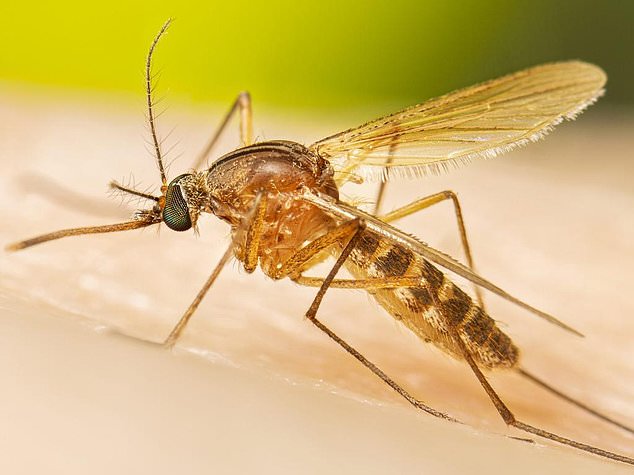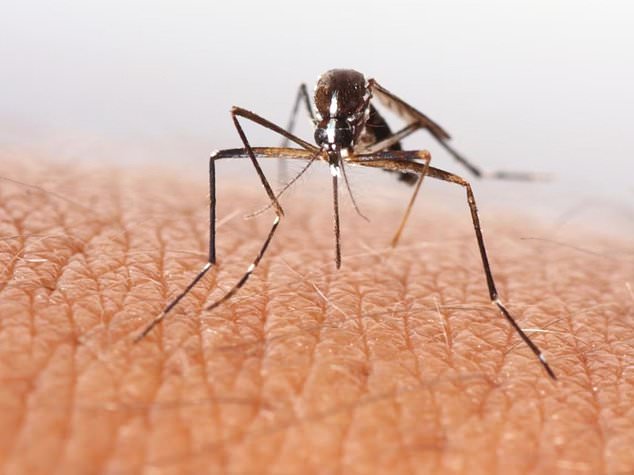<!–
<!–
<!– <!–
<!–
<!–
<!–
Murray Valley encephalitis virus has been detected for the first time this year in mosquitoes in the Pilbara region of Western Australia.
Residents and travelers are urged to protect themselves against mosquito bites.
It comes after a similar alert for the state’s Kimberley region.
According to the WA Department of Health, mosquito sampling provides an early warning of mosquito-borne virus activity.

Murray Valley encephalitis virus has been detected for the first time this year in mosquitoes in the Pilbara region of Western Australia (file image)
Chief scientist Andrew Jardine said the recent activity was not uncommon in northern WA at this time of year.
“The Pilbara community and travelers to the area can reduce the risk of MVE by protecting themselves from mosquito bites,” Dr Jardine said.
“Fortunately, no members of the community have contracted MVE, but it’s best to remain vigilant.”
Symptoms include fever, drowsiness, headache, stiff neck, nausea and dizziness.


Symptoms include fever, drowsiness, headache, stiff neck, nausea and dizziness (file image)
Dr. Jardine urged anyone who has those symptoms after a mosquito bite to seek medical attention.
“Although the risk of infection and illness is low, illness caused by MVE can be serious and even fatal,” he said.
“Young children may only present with a fever in the first instance and parents should urgently consult their doctor or local health service if their child experiences drowsiness, limpness or general malaise.”
To avoid mosquito bites, people should:
- Avoid being outdoors at dawn and dusk;
- Wear long, loose-fitting, light-colored clothing;
- Apply an effective personal mosquito repellent;
- Make sure mosquito nets are installed and in good condition in homes and caravans;
- Use mosquito nets and mosquito-proof tents if you sleep outdoors; and
- Keep grass and other vegetation short around your home.
